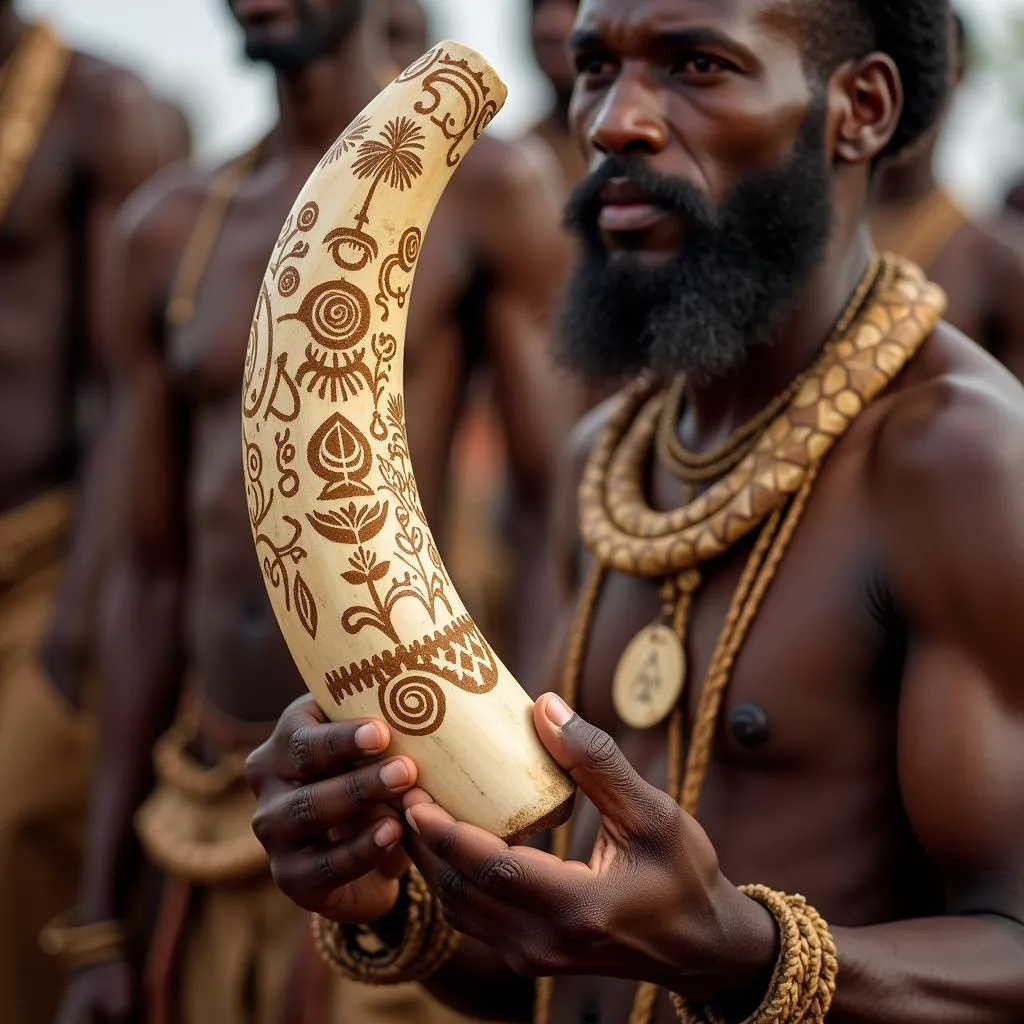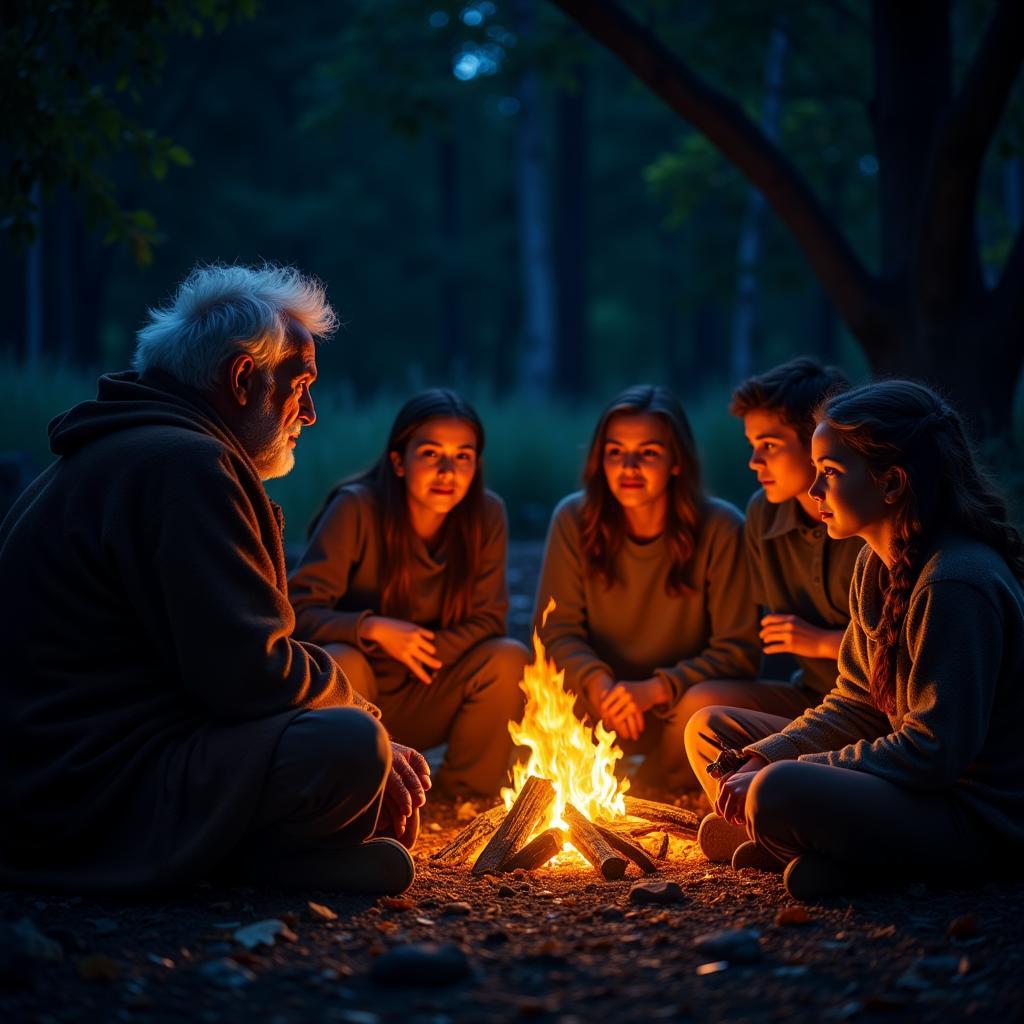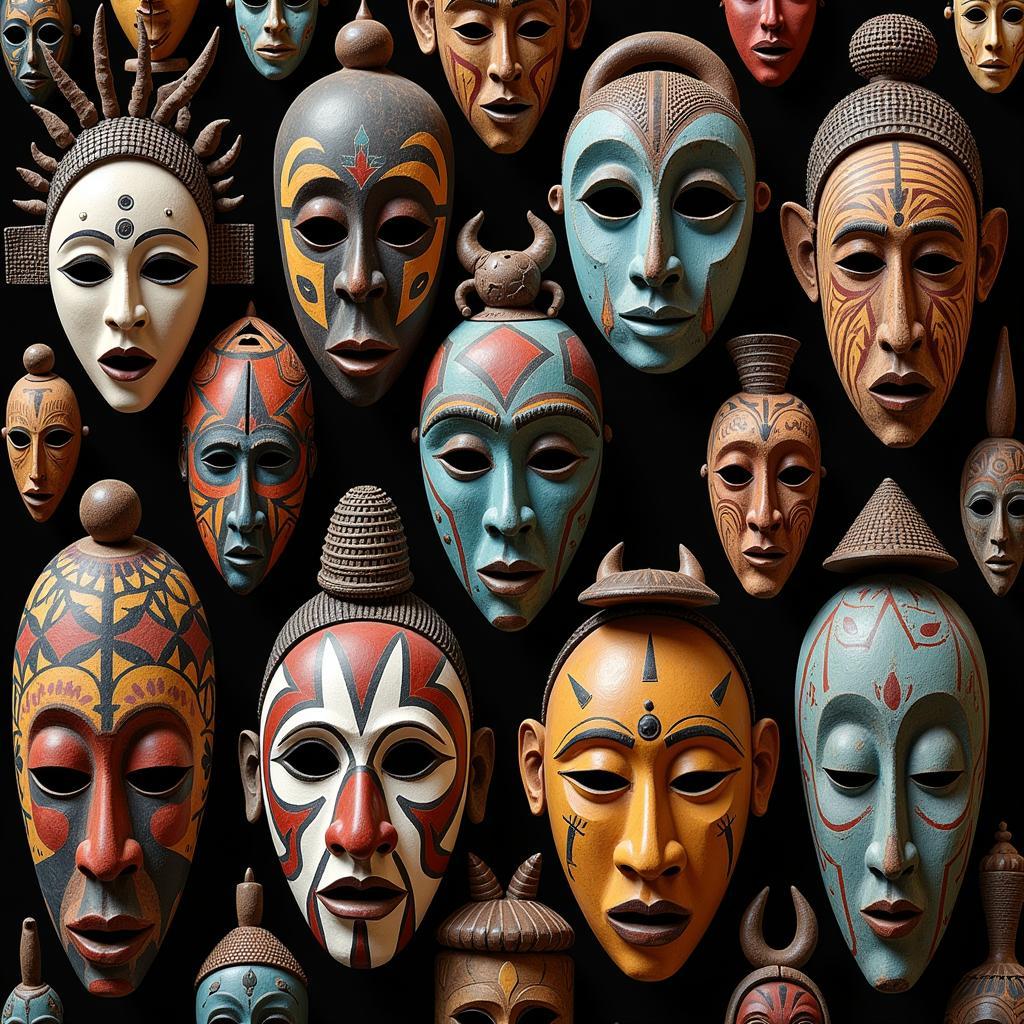African and American People Together: A Shared History and Vibrant Future
African and American people share a complex and interwoven history, marked by both hardship and resilience. From the transatlantic slave trade to the Civil Rights Movement and beyond, the connections between these two groups have shaped cultural landscapes, political movements, and personal identities across the globe. This article explores the multifaceted relationship between African and American people, examining historical connections, cultural exchanges, and the ongoing pursuit of equality and understanding.
Exploring the Historical Ties that Bind
The forced migration of Africans to the Americas is a deeply painful chapter in human history. It is crucial to acknowledge the brutality and lasting impact of slavery, which created a diaspora and profoundly affected the development of both African and American societies. Understanding this shared past is essential for building a future based on respect, empathy, and reconciliation. Following the abolition of slavery, African Americans continued to face systemic discrimination and struggled for equal rights, a fight that continues to this day. This struggle has often found echoes and support in African nations, highlighting the continued interconnectedness of these two populations. Check out more information on African culture books.
Cultural Exchanges: A Tapestry of Influence
Despite the traumatic circumstances of their origins, African cultural traditions have had a profound and enduring influence on American culture. Music, art, literature, and cuisine all bear the imprint of African heritage, enriching the tapestry of American life. From the rhythms of jazz and blues to the vibrant colors of African-inspired art, these cultural contributions have become integral to American identity. Conversely, American popular culture, including music, film, and fashion, has also had a significant impact on African societies, creating a dynamic exchange of ideas and artistic expression. This reciprocal influence demonstrates the ongoing dialogue between these two cultures.
Shared Challenges and Collaborative Solutions
African and American people face many shared challenges, including poverty, inequality, and discrimination. By working together and sharing experiences, these communities can develop innovative solutions and advocate for positive change. Collaboration on issues such as education, healthcare, and economic development can empower both populations and create a more just and equitable future. For instance, initiatives focusing on sustainable development in Africa often involve partnerships with American organizations, fostering mutual learning and growth. One area where this collaboration is evident is in the increasing interest in African aquatics.
What are the historical connections between African and American people?
The historical connection stems primarily from the transatlantic slave trade, which forcibly displaced millions of Africans to the Americas. This shared history, while rooted in tragedy, has also led to cultural exchange and ongoing dialogues about race, identity, and equality.
How has African culture influenced American culture?
African culture has significantly impacted American culture, particularly in music, art, literature, and food. From the rhythms of jazz and blues to storytelling traditions and culinary practices, African influences have enriched and shaped American cultural expression.
What are some examples of collaboration between African and American people?
Collaboration between African and American people takes many forms, including partnerships in education, healthcare, and economic development initiatives. Joint projects focused on sustainable agriculture, renewable energy, and public health demonstrate the potential for positive change through shared efforts.
Building Bridges for a Brighter Future
The future of the relationship between African and American people rests on continued dialogue, mutual understanding, and a commitment to overcoming historical injustices. By embracing diversity, promoting inclusivity, and fostering collaboration, we can build stronger bonds and create a world where everyone has the opportunity to thrive. This requires ongoing efforts to address systemic racism, promote equality, and celebrate the rich cultural contributions of both African and American communities. Understanding the intricacies of African American hands can offer valuable insights into their artistic traditions.
Expert Quote: Dr. Anika Nkrumah, historian and cultural anthropologist, states, “The shared history of African and American people is a complex tapestry of pain and resilience. By acknowledging the past and working together, we can create a future built on mutual respect and understanding.”
Expert Quote: Professor Kwame Asante, sociologist, adds, “Cultural exchange between Africa and America is a dynamic and ongoing process. It is a testament to the enduring power of human creativity and the potential for cross-cultural dialogue.”
Conclusion
African And American People Together represent a vibrant tapestry of shared history, cultural exchange, and ongoing collaboration. By acknowledging the past, addressing present challenges, and working together towards a more equitable future, these two communities can continue to enrich each other and contribute to a more just and interconnected world. Learning about African American night clubs in Nashville TN can further illuminate the vibrant cultural scene.
FAQ
-
What is the significance of studying the relationship between African and American people? Understanding this relationship is crucial for addressing historical injustices, promoting cultural awareness, and fostering collaboration for a better future.
-
How can individuals contribute to building bridges between these two communities? Supporting organizations that promote cross-cultural understanding, engaging in respectful dialogue, and celebrating the diversity of both cultures are important steps.
-
What are some resources for learning more about African and American history and culture? Museums, cultural centers, books, documentaries, and academic institutions offer valuable resources for expanding your knowledge.
-
How has the transatlantic slave trade shaped the relationship between African and American people? The slave trade created a forced migration and a legacy of trauma that continues to impact the relationship between these two communities.
-
What are some current initiatives focused on fostering collaboration between African and American organizations? Many organizations are working on joint projects in areas such as sustainable development, public health, and educational exchange.
-
What role does art play in bridging the gap between African and American cultures? Art provides a powerful platform for expressing shared experiences, promoting understanding, and celebrating the richness of both cultures. You can explore more about African houses inside to gain a deeper understanding of the architectural nuances and their cultural significance.
-
How can we ensure that future generations learn about the complex history and ongoing relationship between African and American people? Integrating accurate and comprehensive information into educational curricula, supporting museums and cultural institutions, and promoting open dialogue are essential for ensuring that future generations understand this important history.
Need further assistance? Contact us at: +255768904061, Email: [email protected] or visit us at Mbarali DC Mawindi, Kangaga, Tanzania. We have a 24/7 customer support team ready to assist you.



